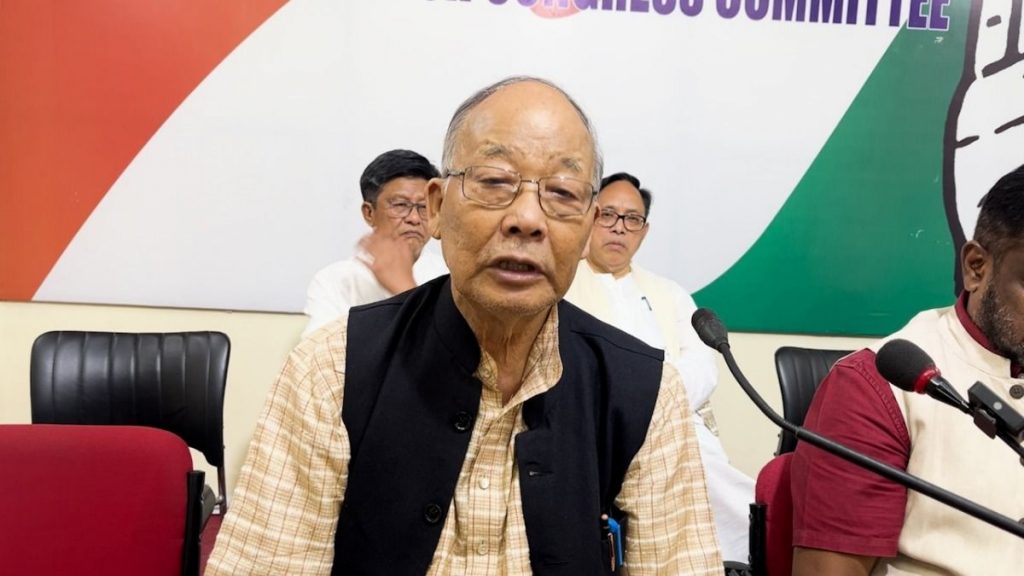Okram Ibobi Singh, leader of the Congress Legislative Party and former Chief Minister of Manipur, has raised significant concerns regarding the exclusion of the Manipuri language from India’s classical languages list. At a media briefing held in Imphal on October 4, Singh stated that the Manipuri language fulfills the essential criteria for classical language status, which includes possessing a unique script, a rich historical tradition, and a substantial body of ancient literature.
Singh expressed disappointment over the perceived marginalization of the Manipuri language by both the central and state Bharatiya Janata Party (BJP) governments. He pointed out that the language has a long-standing cultural significance and deserves recognition at the national level. “Manipuri is not just a means of communication; it is a cultural treasure that reflects the history and identity of the Manipuri people,” he emphasized.
In addition to discussing language recognition, Singh addressed recent unrest in the Ukhrul district of Manipur. He criticized the state government for its failure to act on prior intelligence that indicated potential violence in the area. Singh highlighted that the lack of proactive measures contributed to the deterioration of law and order in the region. He called for an inquiry into the incidents, underscoring the need for accountability from government officials.
The manipulation of regional languages and cultures has been a recurring issue in India, where linguistic diversity is often overshadowed by national narratives. Singh’s remarks come at a time when many regional languages are seeking greater acknowledgment and preservation in the face of globalization and cultural homogenization.
In conclusion, Singh’s comments shed light on the ongoing struggle for recognition of regional languages in India, particularly the Manipuri language. His call for accountability regarding the recent violence in Ukhrul adds another layer of complexity to the dialogue surrounding governance and security in Manipur. The situation continues to evolve as stakeholders advocate for the preservation of cultural identities and effective governance in the state.



